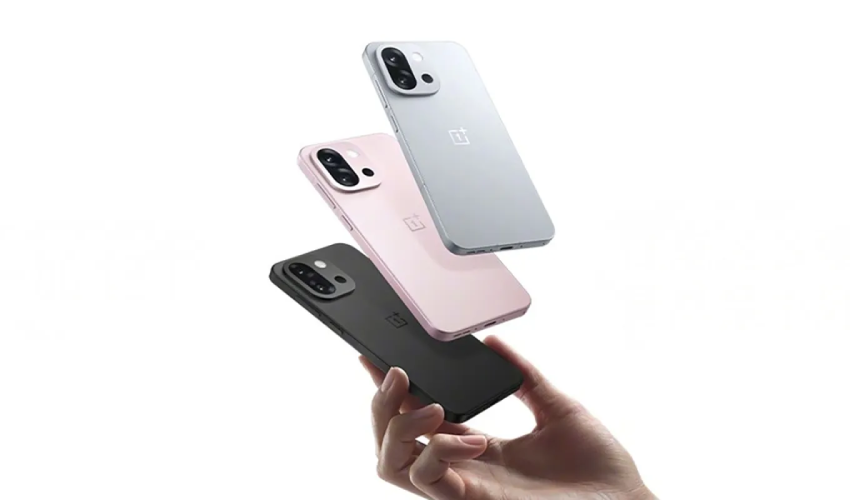In a bid to fortify user privacy on its platform, WhatsApp has unveiled a groundbreaking feature known as "secret codes."
This innovative addition aims to provide an extra layer of security for locked conversations, enabling users to safeguard their most sensitive exchanges with a personalized password separate from their device unlock code.
New frontier in chat privacy
WhatsApp initially introduced the concept of locked chats earlier this year, allowing users to conceal specific conversations deemed confidential.
With the advent of secret codes, these locked chats can now be further shielded behind a distinct password, incorporating letters, numbers, special characters, and emojis. Unlike the conventional method of displaying all locked chats in a designated folder, users can opt to keep this folder hidden from plain view.
The essence of the secret code feature lies in its ability to render the locked chats folder completely invisible to anyone with access to the user's phone. By typing the secret code into the search bar, users can unveil their protected conversations discreetly, preventing unintentional discoveries by prying eyes.
Meta CEO Mark Zuckerberg shared the news on his WhatsApp Channel, stating, "Now you can set your locked chats to only appear when you type the secret code in the search bar, so no one can 'unintentionally' discover your most private conversations."
Choice and flexibility
It's important to note that the adoption of a secret code is optional. Users can still choose to have their locked chats appear in the chat list if they prefer the conventional approach.
This strategic move aligns with WhatsApp's commitment to providing users with choices that suit their individual preferences and privacy needs.
The rollout of secret codes began recently and is expected to be available globally in the coming months.
This marks a significant milestone for WhatsApp, fulfilling the promise made by Meta six months ago when they initially introduced the Chat Lock feature, hinting at the prospect of custom passwords for enhanced security.



























